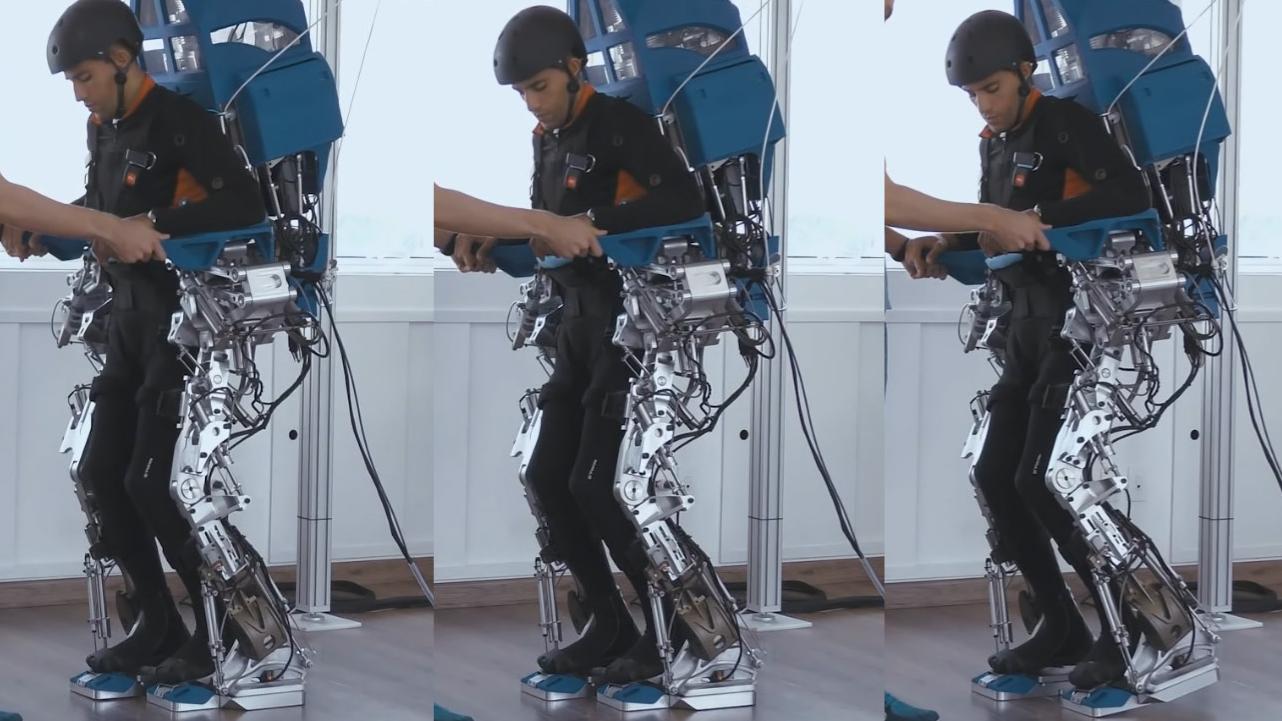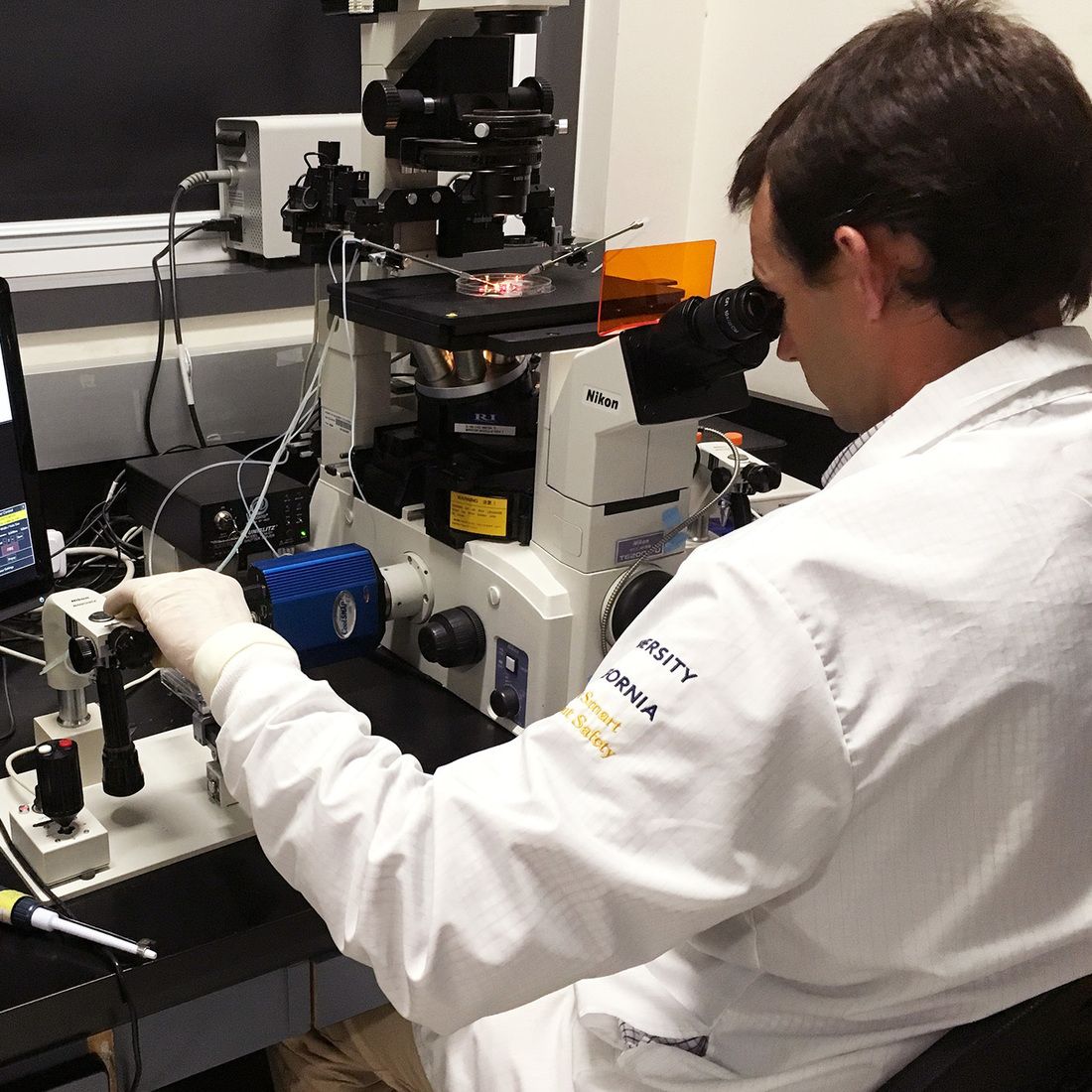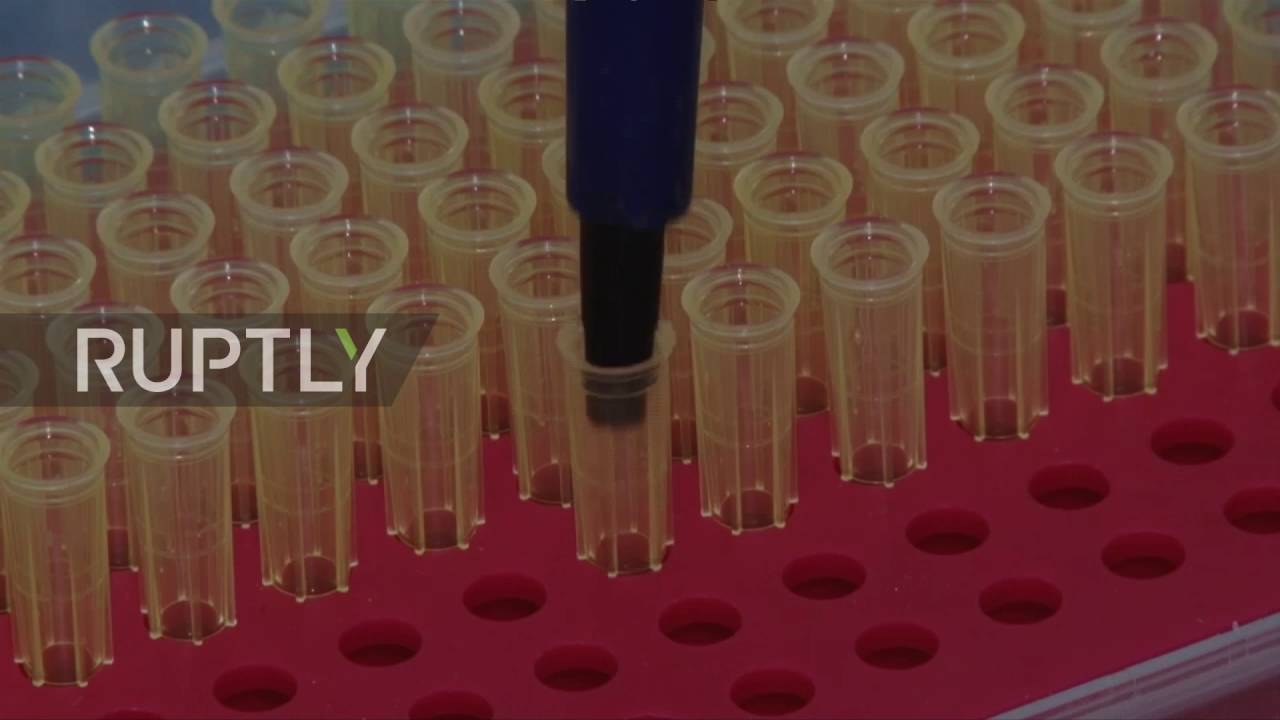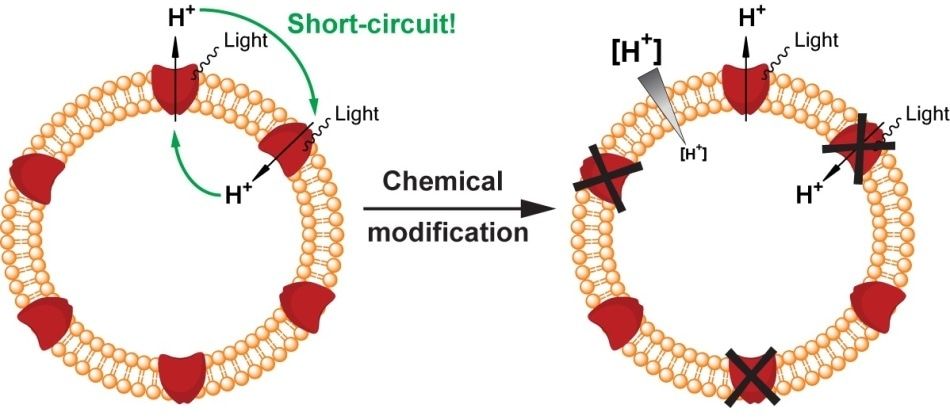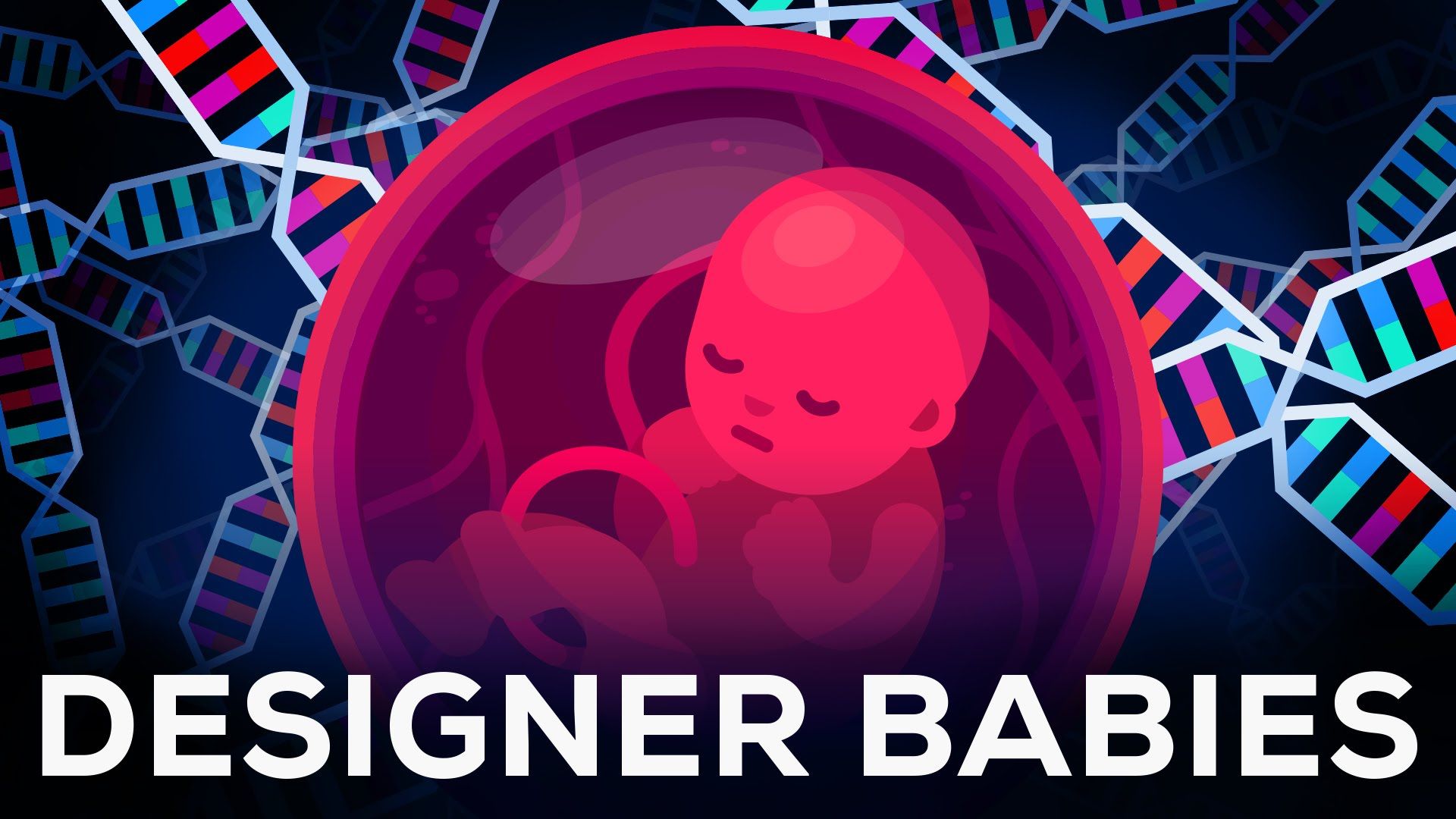Aug 11, 2016
Remote control of the brain is coming: how will we use it?
Posted by Carse Peel in categories: bioengineering, biotech/medical, genetics, neuroscience
Controlling the minds of others from a distance has long been a favourite science fiction theme – but recent advances in genetics and neuroscience suggest that we might soon have that power for real. Just over a decade ago, the bioengineer Karl Deisseroth and his colleagues at Stanford University published their paper on the optical control of the brain – now known as optogenetics – in which the firing pattern of neurons is controlled by light. To create the system, they retrofitted neurons in mouse brains with genes for a biomolecule called channelrhodopsin, found in algae. Channelrhodopsin uses energy from light to open pathways so that charged ions can flow into cells. The charged ions can alter the electrical activity of neurons, influencing the animal’s behaviour along the way.
Soon researchers were using implants to guide light to channelrhodopsin in specific neurons in the brains of those mice, eliciting behaviour on demand. At the University of California the team of Anatol Kreitzer worked with Deisseroth to disrupt movement, mimicking Parkinson’s disease and even restoring normal movement in a Parkinsonian mouse. Deisseroth and his colleague Luis de Lecea later demonstrated that it was possible to wake up mice by activating a group of neurons in the brain that control arousal and sleep.
But optogenetics has been challenging. Since light does not easily penetrate dense fatty brain tissue, researchers must implant a fibre-optic cable to bring light into the brain. This limitation led to the development of another, less intrusive technique known as DREADD (designer receptors exclusively activated by designer drugs). In this case, a receptor normally activated by the neurotransmitter acetylcholine is modified to respond to a designer drug not normally found in the body. When the designer drug is delivered, neurons can be manipulated and behaviour changed over a number of hours. The major drawback here: the slow course of drug administration compared with the rapid changes in brain activity that occur during most tasks.
Continue reading “Remote control of the brain is coming: how will we use it?” »

